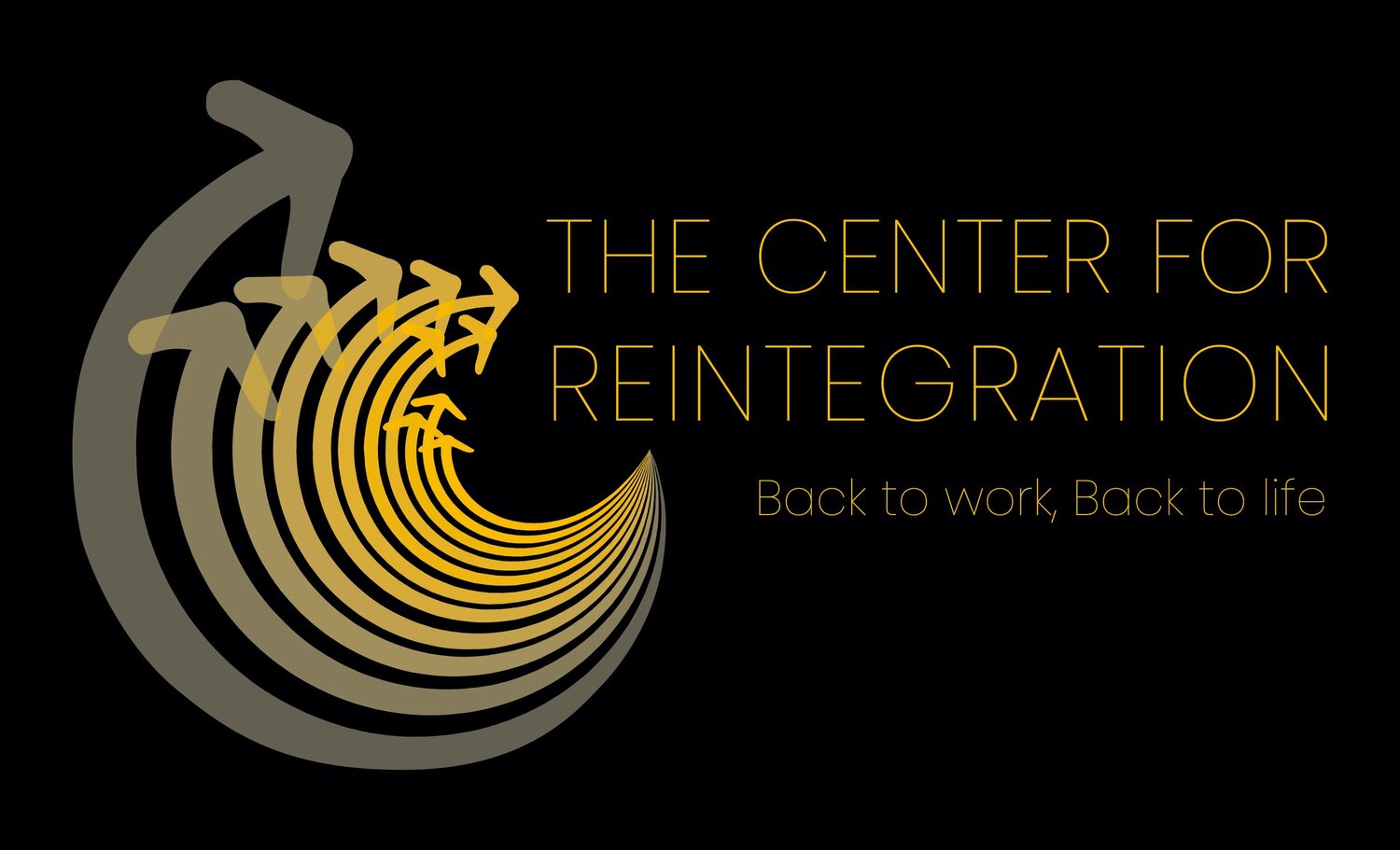Reintegration Reads: October 2015
Each month, the Center for Reintegration will pick a book that touches upon mental health and give a brief review of it on our blog. Read along with us as we enjoy memoirs, research findings, biographies, novels, and academic texts as they relate to mental well-being and reintegration for all. If you have any suggestions, please email us at reintegration@reintegration.com.
This month we are reading Just Like Someone Without Mental Illness Only More So, a memoir by Mark Vonnegut, MD. Vonnegut, son of the very famous author Kurt Vonnegut, is currently a practicing pediatrician living in Massachusetts with his wife and son. His memoir takes us through his childhood on Cape Cod, growing up with very little means, but with many children in his family. Vonnegut had his first psychiatric break in his early twenties when he was on a commune in British Columbia. He describes the experience in such identifiable detail one feels as though they are looking through a window into his mind. Vonnegut suffered three psychotic breaks in his early twenties, and one 14 years later when he was a practicing doctor in Massachusetts.
Vonnegut’s memoir, although providing a perspective of a person living with mental illness, is far more than that. Vonnegut openly discusses his experiences at Harvard Medical School, the decline of the effectiveness of the U.S. healthcare system, and the many relationships with those in his family. He takes us with him through his annual softball games, his trip to a medical clinic in Honduras, a fishing trip in which he saves baby lobsters, his alcoholism followed by sobriety, even his hobby of collecting and eating wild mushrooms. He shares his life with us, not just his experience with illness.
It is for this reason that Vonnegut’s book is a must-read. He proves to the reader that individuals are far more than their mental health diagnoses. They are a sum of rich and fulfilling experiences that help to shape not only themselves, but others around them. Vonnegut teaches us far more than the fact that he has had a successful career and family life. He gives us his opinions and reflections of the world we live in through his own unique lens as a person living with mental illness. He makes the reader excited about their own life, because he is so passionate about his own. Anyone searching for an inspirational first hand account of recovery and reintegration as a longterm lifestyle should pick up this book today.

